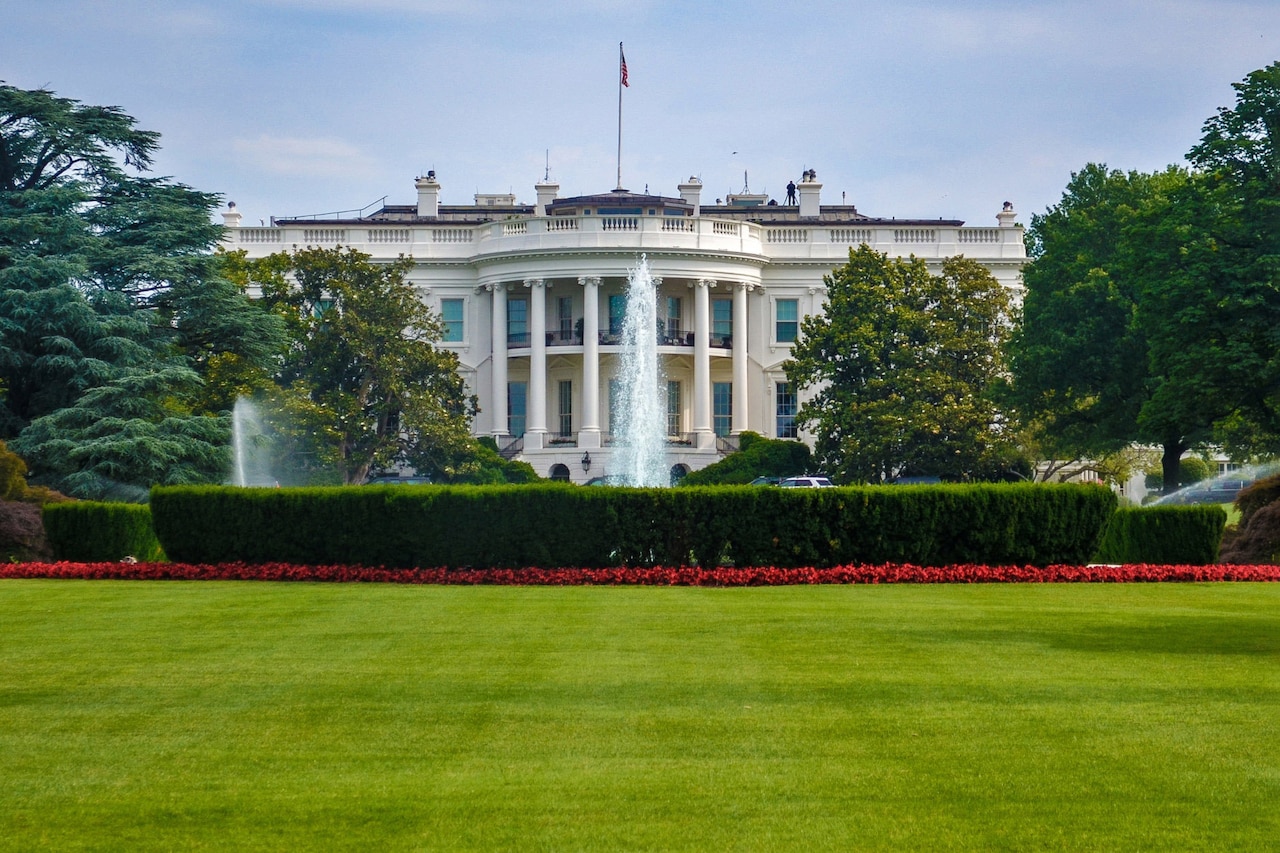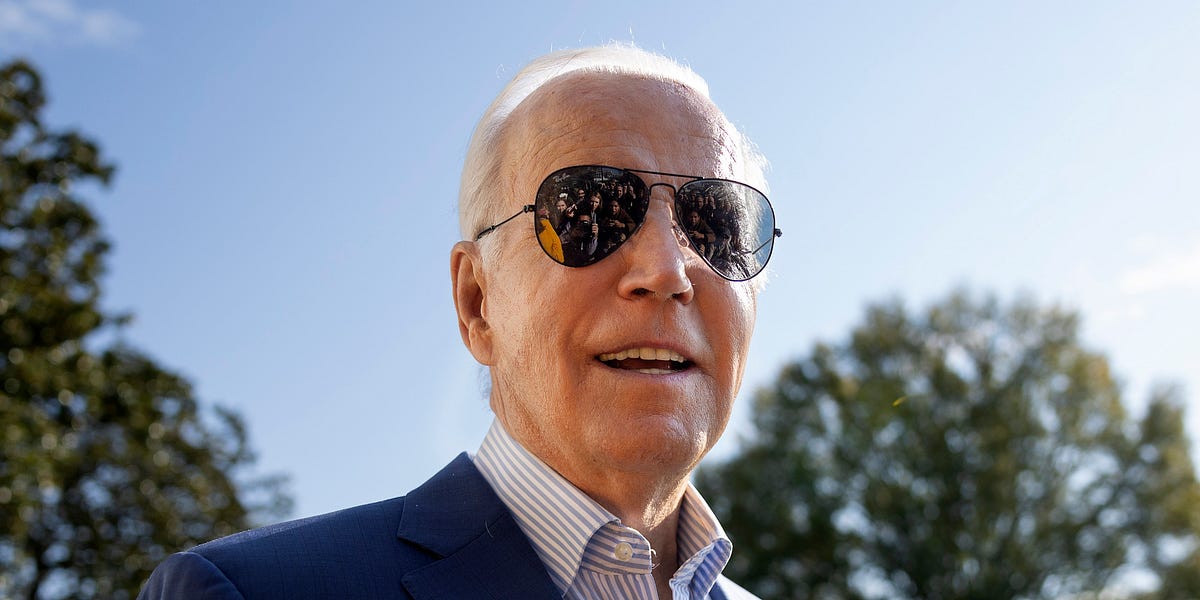A
Current Affairs reader recently emailed in to express their disappointment that our magazine frequently criticizes the current president. We have been critical of the Biden administration’s foreign policy, including its
weapons aid to Israel, its
undermining of the authority of the ICC, its
hawkishness on China, and its
cruel immigration policies. We have also criticized the administration’s
self-defeating and inadequate approach to the climate catastrophe, which puts the interests of the fossil fuel and automobile industries above those of humanity.
Our dissatisfied reader argued that by making so much of Biden’s shortcomings, we were in fact helping Donald Trump. Trump, they pointed out, is in many ways much worse than Biden. By criticizing Biden, we are undermining him, and therefore making Trump’s election more probable, thus contributing to a worse outcome on the issues we care about.
Our reader is not alone in this kind of thinking. Senator John Fetterman recently
criticized those protesting the administration’s support for Israel, arguing that they were “de facto supporting and helping Trump” by encouraging people to “walk away from supporting the president.” After Congresswoman Rashida Tlaib recently called Joe Biden
an “enabler” of genocide, and said Palestine’s supporters would not forget his actions in November, liberal commentator Keith Olbermann
said she was committing “the equivalent of treason” and would “enable a Trump dictatorship,” and that “to prioritize anything above defeating Trump is suicidal madness,” especially since “Trump is dedicated to destroying Palestine.”
He encouraged her to “repent” “immediately.” Economist Robert Marchini
explained that “one of the basically overriding rules of party discipline, in any political party, is you do not publicly punch at other members of the party by name.” Criticism helps the enemy, thus anyone who criticizes Joe Biden must want Donald Trump to be president.
 UNRWA affiliates confirm Biden is working to get aid to UNRWA and Palestine. That Biden is encouraging EU members to keep funding up. Trumps not gonna do none of that.
UNRWA affiliates confirm Biden is working to get aid to UNRWA and Palestine. That Biden is encouraging EU members to keep funding up. Trumps not gonna do none of that.







